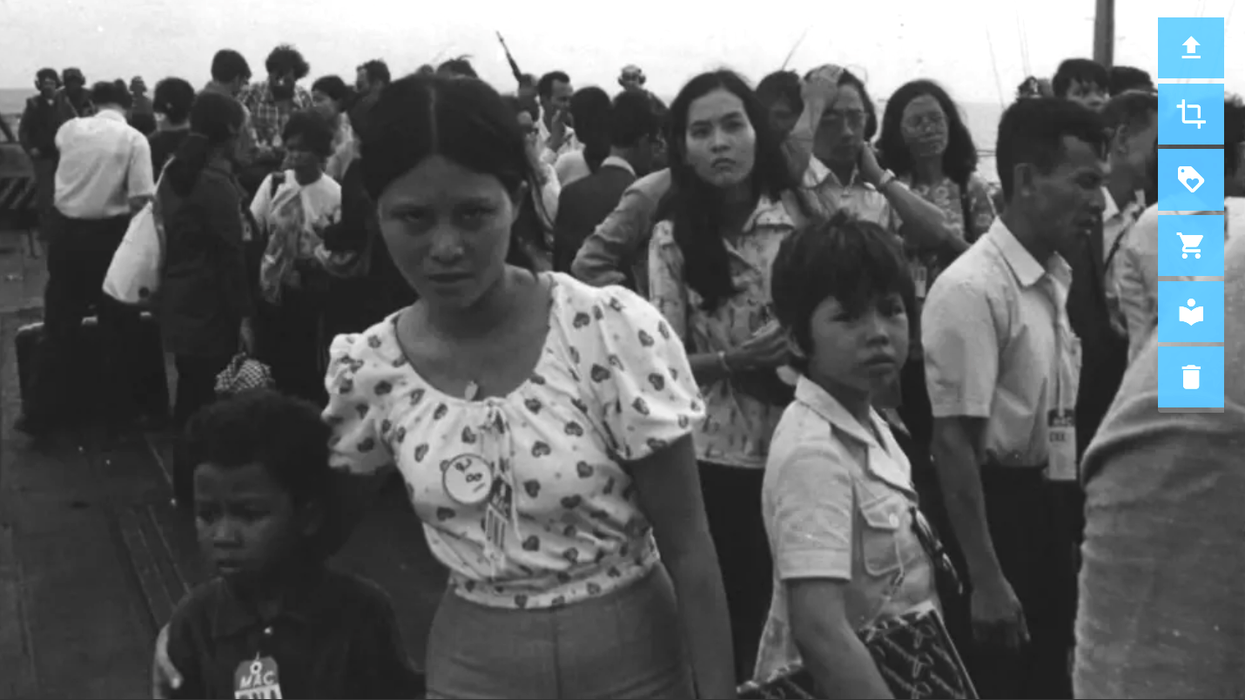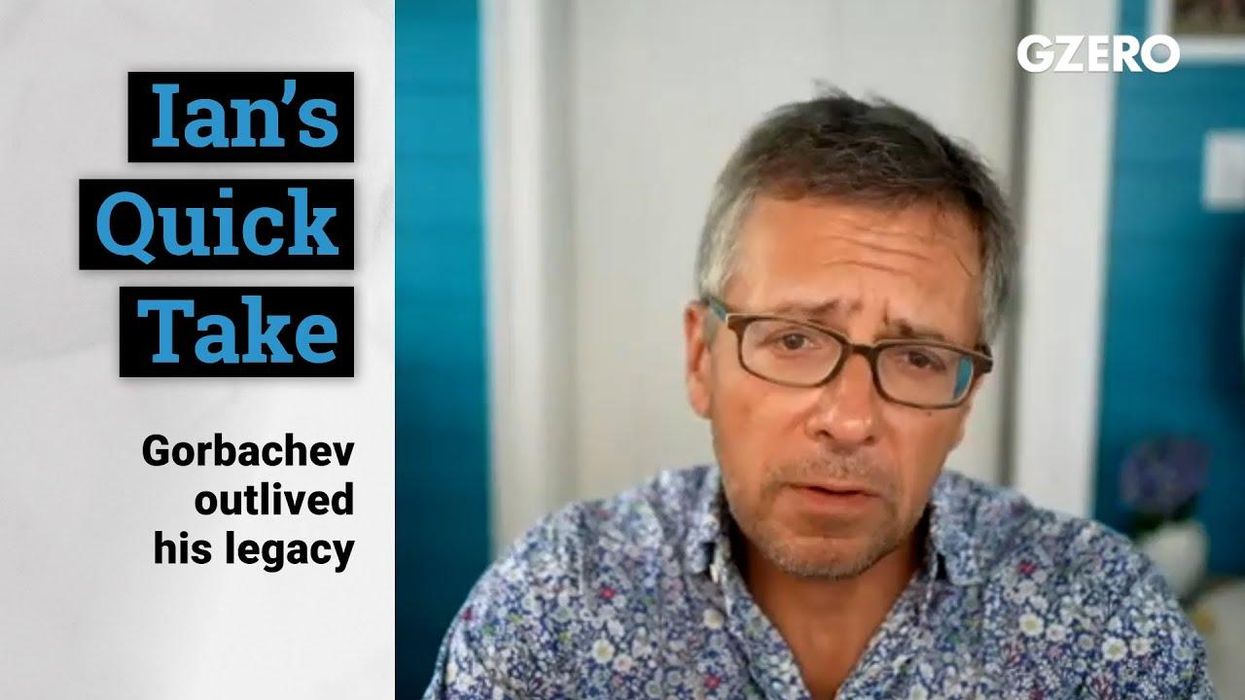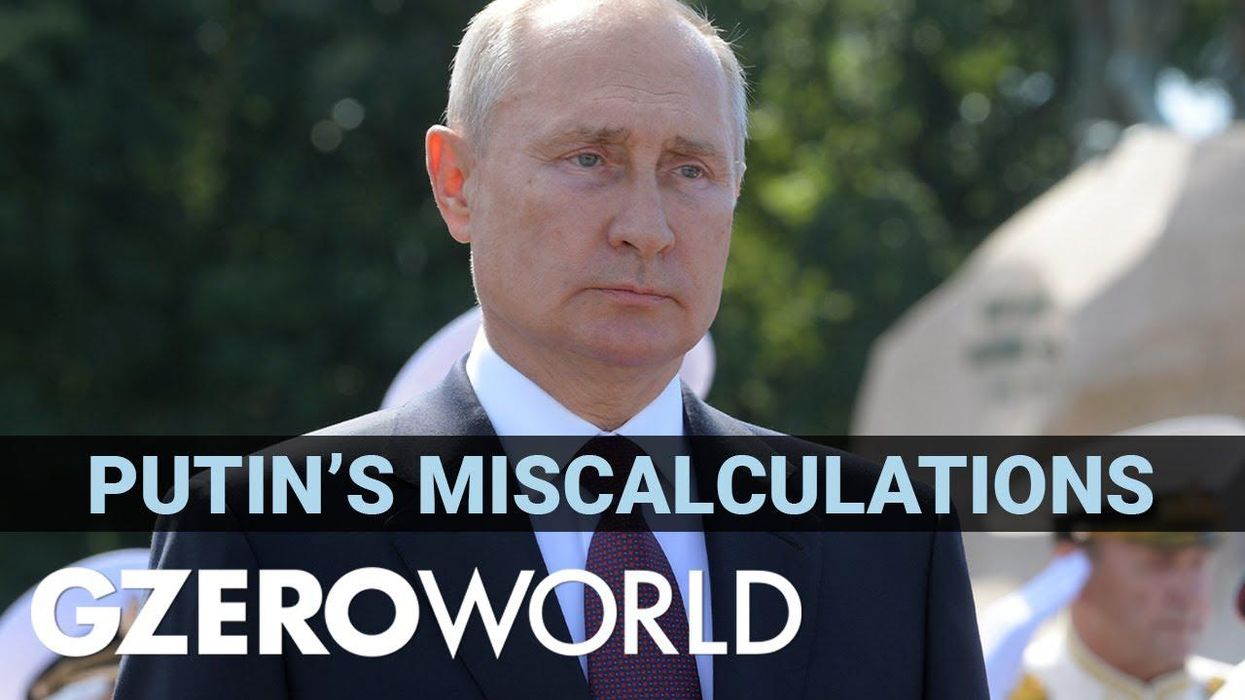Analysis
Saigon’s Last Day: The fall, the flight, and the aftermath of the Vietnam War
April 30 marks 50 years since North Vietnamese troops overran the capital of US-aligned South Vietnam, ending what is known locally as the Resistance War against America.
Apr 29, 2025




